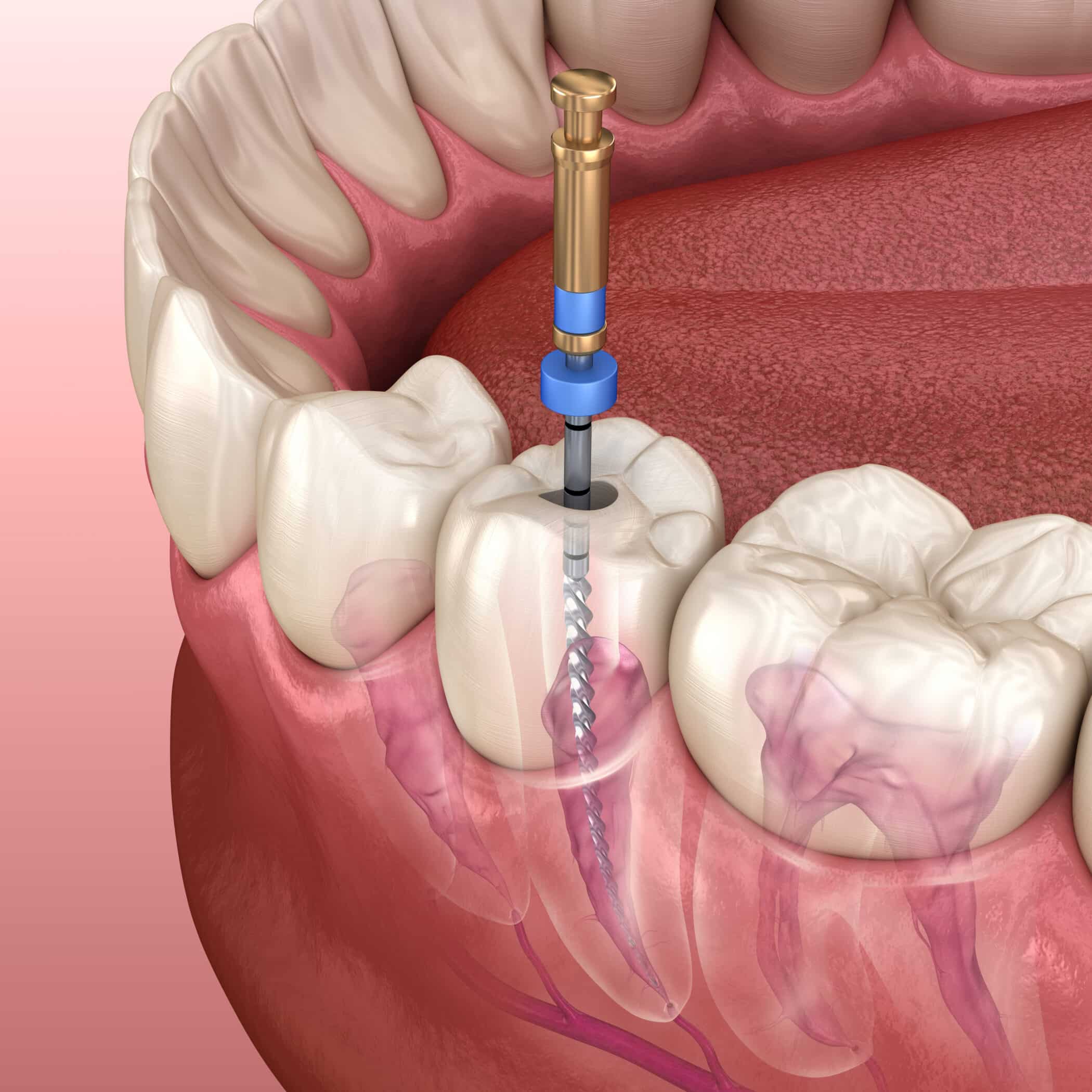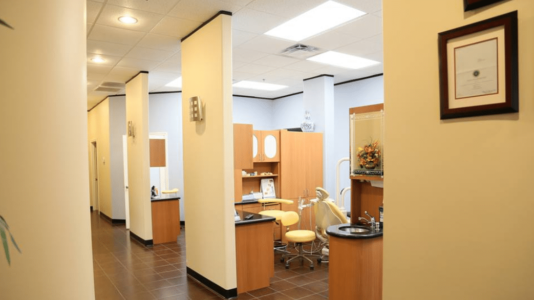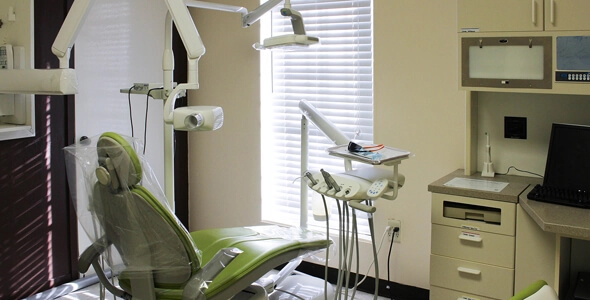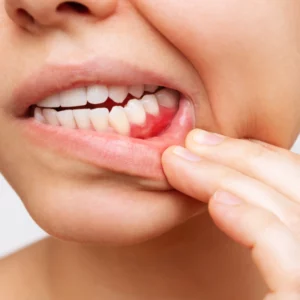Should You Brush Your Teeth After a Root Canal?
After a root canal, it’s natural to wonder if brushing your teeth is advisable. The answer is a resounding “yes.” In fact, oral hygiene is even more critical post-root canal to ensure a successful recovery.
Why Is Brushing Important After A Root Canal?
Brushing your teeth after a root canal serves several essential purposes:
Preventing Infection: Proper brushing helps eliminate harmful bacteria and debris from your mouth, reducing the risk of infection at the treatment site.
Maintaining Overall Oral Health: A clean mouth promotes overall oral health and helps prevent complications that could arise from poor hygiene.
Comfort and Healing: Brushing your teeth gently aids in healing by keeping the surgical area clean and free from irritants.
What to Expect Immediately After a Root Canal
In the immediate aftermath of a root canal, you might experience some mild discomfort, numbness, and swelling. These are typical post-op effects, but they should gradually subside as you heal.
Special Techniques To Use When Brushing Teeth After Root Canals
A few special techniques should be used when brushing your teeth following root canal treatment:
Use a Soft-Bristled Toothbrush: A soft-bristle toothbrush is gentler on the surgical area and will help avoid irritation.
Gentle Pressure: Apply only gentle pressure when brushing around the root canal site to prevent any damage or discomfort.
Avoid Vigorous Scrubbing: Refrain from scrubbing vigorously, as this could cause further irritation or harm to the root canal area.
Pay Special Attention to Sealed Areas: Ensure that you pay particular attention to any areas where the root canal may have been sealed off. These sealed areas should remain clean and free from bacteria that could lead to infection.
Ways to Ensure Root Canal Post-Op Success
To ensure a successful post-op experience, consider the following guidelines:
Wait for Numbness to Subside
After the root canal, you may experience numbness in the treated area due to anesthesia. Wait for this numbness to subside before attempting to eat, drink, or brush your teeth to prevent accidental injury.
Some Tenderness is Normal
Some tenderness or discomfort is common after a root canal. This should improve over time. If your pain is severe or doesn’t subside, contact your dentist.
Visible Swelling Is A Warning Sign
If you notice visible and worsening swelling, it may be a sign of infection or another issue. Contact your dentist immediately if you experience significant swelling.
By following these guidelines and maintaining good oral hygiene practices, you can ensure a successful post-op experience after a root canal. Proper care will help you heal, prevent complications, and maintain your oral health.












